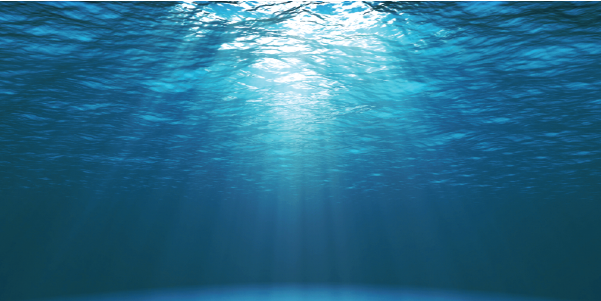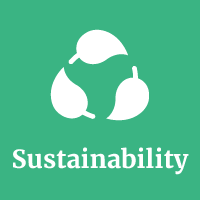
The Marine Microbiome - Quiz
The marine microbiome is one of the largest microbiomes on the planet. The microbes play a central role in the energy generation of the earth – through photosynthesis at the surface and chemosynthesis in darker ocean depths. The ocean harbours hugely diverse, but largely unknown microbes. Unlocking the genetic code of marine microbes can have an enormous functional potential for human, animal and plant disease treatment and the understanding of climate change.
What’s happening deep into the ocean? Do you know if microbes can survive there? Take the quiz!
What’s happening deep into the ocean? Do you know if microbes can survive there? Take the quiz!
Marine Microbiome Quiz
Question 1 |
Where do you find microbiomes in the ocean?
A | On the surface
|
B | In the darker depths |
C | Everywhere |
Question 1 Explanation:
The marine microbiome is one of the largest microbiomes on the planet with billions of microbes being found in a single litre of water.
Question 2 |
Marine microbes supply more than half the world’s oxygen, how do they produce energy?
A | Photosynthesis at the surface of the ocean, chemosynthesis in darker ocean depths |
B | Chemosynthesis at the surface of the ocean, photosynthesis in darker ocean depths |
C | Both photosynthesis and chemosynthesis at the surface |
Question 2 Explanation:
Photosynthesis requires sunlight, thus occurs at the surface (plankton), in darker ocean depths there is no sunlight, so chemosynthesis takes place.
Question 3 |
What do changes in the composition of the marine microbiome indicate?
A | Fish reduction
|
B | Amount of microplastics |
C | Effects of climate change |
Question 3 Explanation:
Ocean acidification and increased temperatures can alter changes in the composition of the marine microbiome in areas and give an indication of the short- and long-term effects of climate change on the marine ecosystem.
Question 4 |
What do scientists do to find potential new treatment strategies for human diseases and illnesses treatment in the ocean?
A | Measure biodiversity levels in the ocean |
B | Transplant marine microbes to humans |
C | Unlock the genetic code of marine microbes |
Question 4 Explanation:
Marine microbes are an extremely fruitful source of potential new antibiotics and chemotherapy agents. Studies try and analyse all the microbial communities in the seawater using a process known as metagenomic sequencing by isolating the DNA of every living cell in a sample, rather than just the small proportion of cells which can be grown in the lab.
Question 5 |
What is already discovered about marine microbes?
A | Nearly everything |
B | The essential |
C | Very little |
Question 5 Explanation:
Scientists still only poorly understand the biogeochemical processes that exist in the ocean. There is a huge diversity of microbes, most of them still to be discovered.
There are 5 questions to complete.
You have completed
questions
question
Your score is
Correct
Wrong
Partial-Credit
You have not finished your quiz. If you leave this page, your progress will be lost.
Correct Answer
You Selected
Not Attempted
Final Score on Quiz
Attempted Questions Correct
Attempted Questions Wrong
Questions Not Attempted
Total Questions on Quiz
Question Details
Results
Date
Score
Hint
Time allowed
minutes
seconds
Time used
Answer Choice(s) Selected
Question Text
All done
Need more practice!
Keep trying!
Not bad!
Good work!
Perfect!



